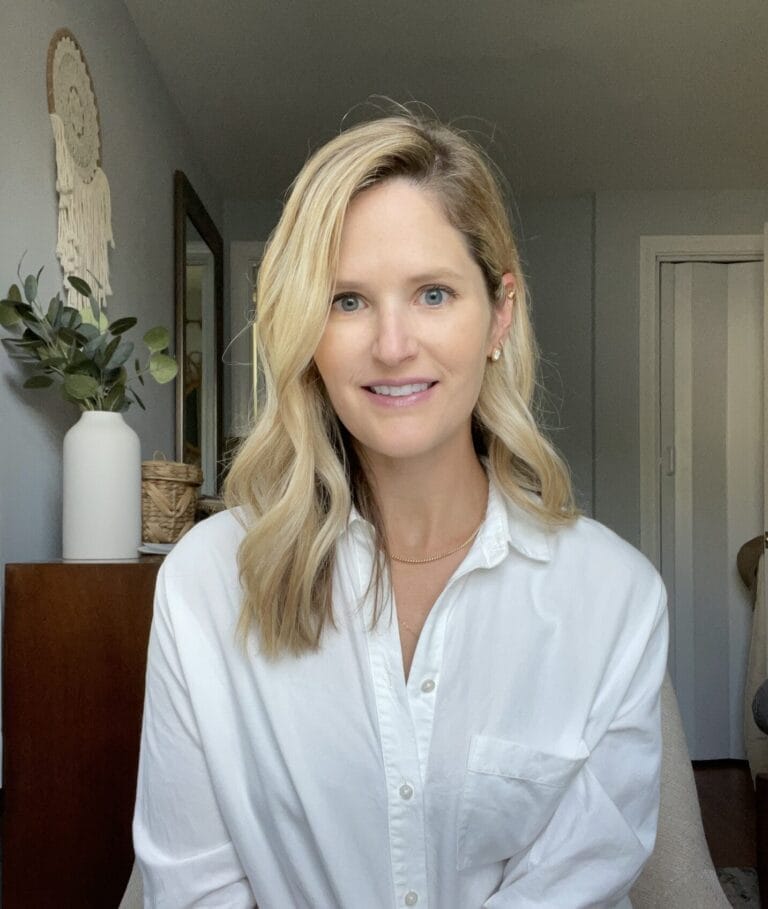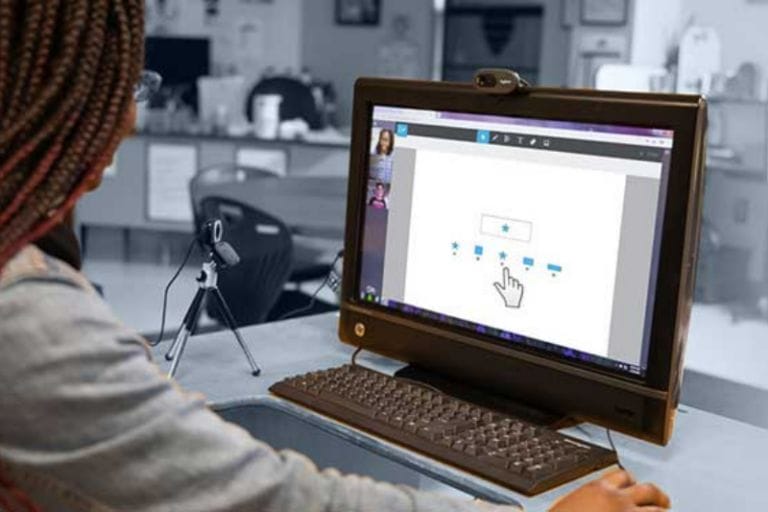This post is first in a series based on a transcript from a recent Q&A with Dr. Barry Prizant as part of his webinar, “Family Collaboration: An Essential Element for SPED Success.” Questions came directly from audience participants — special education directors, special educators, speech-language pathologists, and parents, and answers are from Dr. Prizant. Click here to see additional questions from the Q&A.
How do you manage appropriate family collaboration in light of large caseloads and short schools days?
This is certainly an issue that comes up all the time in my consulting. I think we need to think about the times where we need to directly interact with families as opposed to providing information to families that would be very helpful to them. Family collaboration does not necessarily have to be a sit-down, face-to-face meeting at a special designated time. For information that relates to standard procedures, such as transition planning and so forth, we can develop print materials and brochures to share with all the parents. So often when parents do wish to have special time to talk to us, it may be around information that is relevant for many, many families. Having planning meetings where we can meet with a group of parents together to provide some of that boilerplate information can be very helpful.
Another way to collaborate while managing your time is to use strategies that are often used by practitioners, educators, and therapists, such as having a daily notebook or email correspondence to share information. Again, this doesn’t require face-to-face communication, but it does involve an element of collaboration and doesn’t demand the amount of time that might be demanded in face-to-face meetings.
Related to that is the issue of what are the best ways to collaborate and approach communications with parents. I find them in my consulting that one of the issues around this has to do with the level of urgency when parents want to speak to us about issues. For example, it may be helpful in collaborating with parents — and especially around issues that come up rather suddenly — to have a system of urgency. Sometimes I speak in my consulting with staff about setting up a system of urgent issues that need to be collaborated on versus moderate issues, for lack of a better term, versus issues of lower concern. An example of an urgent issue might be if a child is demonstrating more extreme problem behaviors outside of the school environment, or if issues come up around nutrition, which are very high priority issues with parents. In those cases, we could prioritize collaborative meetings with parents where we try to schedule this as quickly as possible. Moderate issues might be issues of concern that are not immediate or urgent, where immediate communication is not required and where we could set a more of a distant timeline for discussion. Issues of lower concern might be related to issues about future decisions down the line, such as planning for next year or suggestions for supports (for example, if you think the child needs various visual supports such as schedules, and we want to make them more sophisticated, adjusting to change within a child’s program). These are things that could be scheduled in the future if it’s not an immediate concern.
Some of the issues around appropriate family collaboration given the time limitations that staff have can be helped by really trying to prioritize what are the immediate issues where parents feel they need some feedback or some support as opposed to the more distant issues. Literally ask parents about that. Sometimes we just have to be honest, especially around times of the year where things get a little bit crazier, like in secondary school during testing periods or when staff have a lot more obligations, and let parents know about these times. At the same time, we also need to reduce uncertainty by letting parents know when we can get together collaboratively, when we can work with them.
A final suggestion, which is more applicable for younger kids who are preschoolers or in the early elementary years, is to use other materials rather than giving advice directly for parents. A concrete example might be to use some of the materials developed by the Hanen Centre in Toronto for kids with language communication disabilities, and they have special programs for kids with autism. The Hanen Center develops materials that are family/parent friendly that can be shared with parents who are at a very basic reading level. Even parents who have some difficulty with reading can find these materials very, very helpful. Rather than sitting down collaboratively and spending a lot of one-to-one time, you can give them some of these commercially available resources that can reinforce what we say and help them carry on without us in some cases.
Dr. Barry Prizant is a clinical scholar, consultant, researcher and expert on childhood communication disorders. His new book, “Uniquely Human: Seeing Autism Through a Different Lens” is scheduled to be released in August, 2015 by Simon and Schuster. To contact Dr. Prizant for a consultation or workshop in your district, visit https://www.barryprizant.com/.




